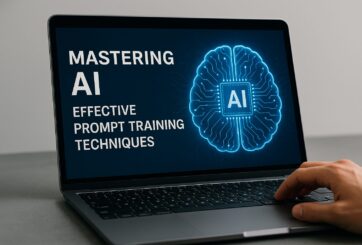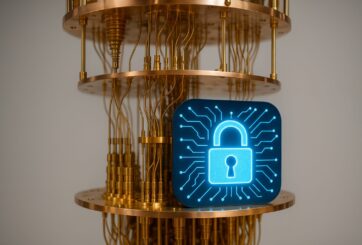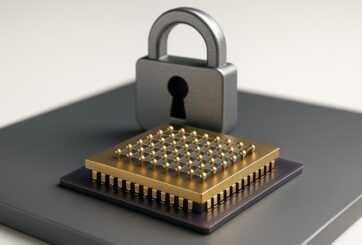
Smart Card Tech Tracks Healthy Food Choices in Schools

A team led by the Institute of Food Research has completed a 2-year study of food choices made at a North London school, to be published on Thursday. Scientists tested the viability of using “smart card” technology to monitor pupils’ mealtime choices.
Project leader Dr Nigel Lambert said: “School dinners are currently a highly political and emotive social issue. The government has pledged to tackle menus, but measuring children’s eating habits at school is fraught with difficulties. Accurate information is necessary to support the government’s public health policies. Smart card technology could provide a practical and accurate solution.”
One in five English secondary schools makes use of basic smart card systems for meal payment. This takes cash out of schools and reduces queuing times. The cafeteria at Haberdashers’ Aske’s Boys’ School routinely serves around 1000 diners aged 7-16 and their system was upgraded for the study. For over a year, a full electronic audit was made of every transaction that took place and each food chosen was converted to its nutrient composition.
“No questionnaires were required, nor an army of researchers, but the system succeeded in objectively recording food choice with 99% accuracy. It can also be continued long term, unlike the more usual three to seven day ‘snapshot’ studies”, said Dr Lambert
The aim of the project was to test whether smart card technology could be used in this way, but it also produced a wealth of data on foods selected.
Senior nutritionist on the study Professor Ian Johnson said: “Not all the data has been analysed, but we can already see that despite a vigorous healthy eating policy operated by the caterers and the school, and healthy foods being readily available, the children generally preferred products high in sugar and fat. This reflects the preferences of most UK children.
“The research using smart card technology has demonstrated the ability of the system to identify individuals who persistently choose highly inappropriate meals. What a school does with that important health information presents society with an ethical issue.”
Smart card systems could be used to help schools with healthy eating programmes through personalised feedback on food choices, or reward schemes for children who choose healthy options.
The technology could be applied to other cafeteria settings such as in the armed forces, universities or prisons where monitoring food choice would be beneficial.









